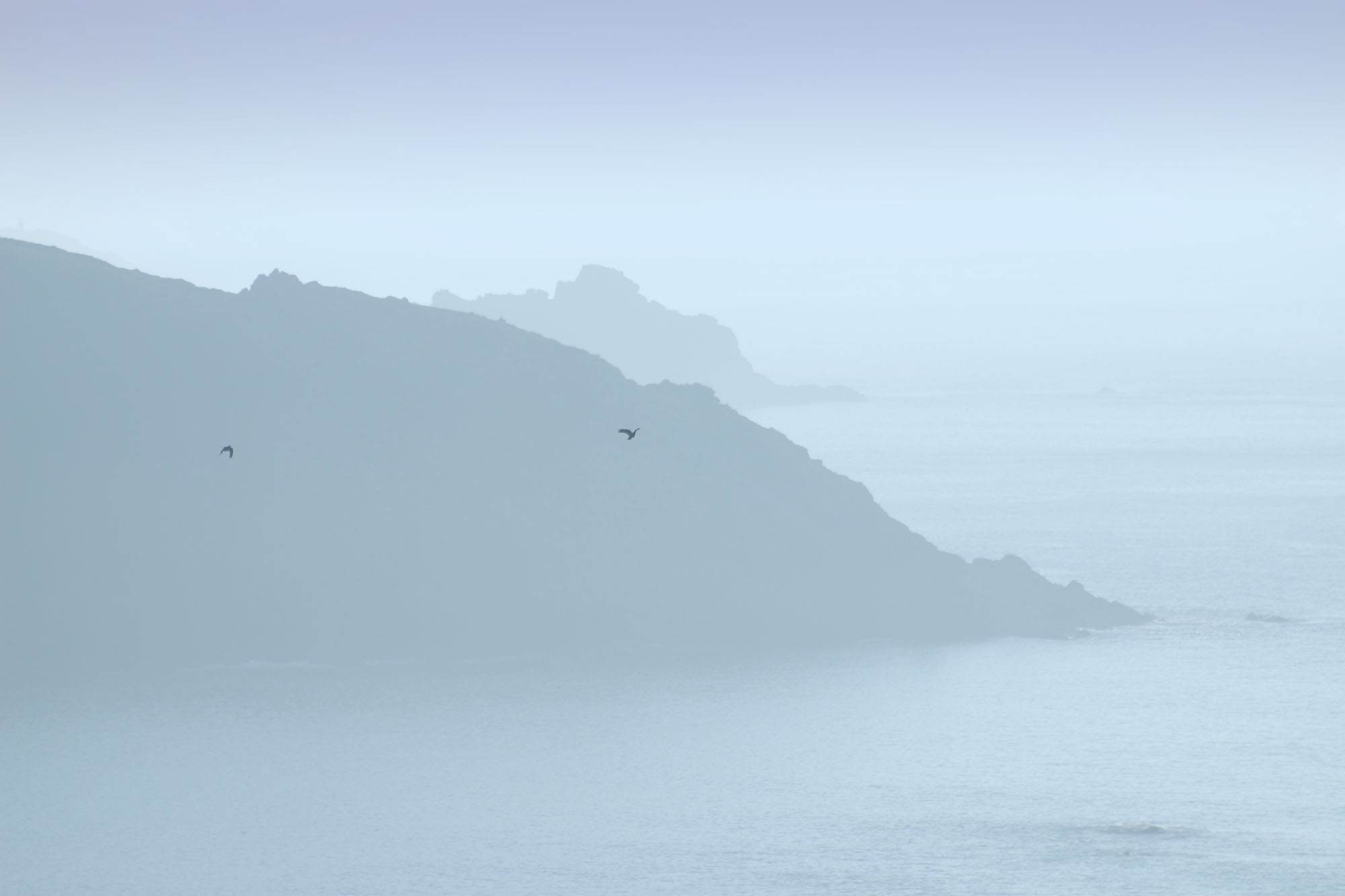Job Description
Job Title: Chough Release Supervisor
Responsible to: Director of Conservation and Rewilding at Wildwood Trust
Responsible for: Responsible for care, release, and post release monitoring of red-billed chough in Kent working with Wildwood Trust, Kent Wildlife Trust and other project partners.
Closing Date: 1st March 2022
Salary: £24,000
Printable Job Description .pdf file – click here
The chough reintroduction project is an exciting partnership project that seeks to restore a thriving population of red-billed chough back to Kent through multiple releases. This project aims not only to restore the birds themselves but for these charismatic individuals to act as a flagship for wider habitat restoration and engagement in environmental issues. This reintroduction will be implemented under a Natural England Reintroduction licence (already granted) and guided by a well-developed feasibility plan. We hope that through this project we will catalyse a number of further projects to enable the recovery of the chough across southern England. This is a multi-faceted project which in addition to the restoration of a lost species touches upon a wide range of issues including soil health, land management, cultural identity and ecotourism to name but a few.
1. Principal Duties
The red-billed chough reintroduction project to Kent is a collaboration led jointly by Wildwood Trust and Kent Wildlife Trust. This role will be hosted and managed by The Wildwood Trust.
Oversee pre-release selection and daily care of chough sourced from the breeding programme, at the release aviary in the Dover area of Kent:
• Report directly to the Director of Conservation at Wildwood Trust
• Work alongside project partners at Paradise Park, Jersey and Wildwood to assess and select birds for release in Kent
• Work with animal training officer at Wildwood to develop and deliver ongoing bird training and recall for post-release supplemental feeding and management.
• Work with Wildwood Trust Senior Keepers to deliver daily care for birds in the release aviary, and with hand rearing as required within the release aviary.
• Work with Senior Keepers and authorised personnel to capture, handle, fit leg rings, electronic tracking devices and harnesses, and collect samples for health and disease monitoring as directed.
• Implement and maintain health and disease management practices at the release aviary.
• Collect daily records of behaviour, health and condition of birds and coordinate with Senior Keepers to evaluate management action where needed.
Implement and coordinate Post Release Monitoring and management:
• Implement and oversee red-billed chough releases in Kent working mostly in the field.
• Monitor birds post release using technologies including GPS tags and VHF transmitters in addition to visual monitoring of birds using individual leg ring identifiers
• Liaise closely with bird training officer at Wildwood to deliver consistent recall and supplemental feeding of chough within the release aviary and other sites as and when needed.
• Track daily movements of chough post-release using GPS/VHF tracking devices to evaluate post-release survival and dispersal. Collect field observations of bird behaviour, foraging, use of supplemental food, health and condition, dispersal, roost sites, and interactions. Collect basic field data of habitat types. Record, manage, and analyse data including GIS analysis of post-release movements. Desk space will be available at Wildwood although the majority of time will be spent based at and around the release area.
• Coordinate with Senior Keepers on health and condition of released birds and evaluate management action where needed.
• Provide regular reports on post-release monitoring.
• Coordinate with Wildwood Rangers to ensure appropriate maintenance and functioning of the release aviary.
• Coordinate site selection and installation of roost and nest boxes in the field as required
• Adhere to safe and lone working practices in the field as required.
Support project development
• Work closely with communications teams at WW and KWT to assist with filming requests and media interest related to the above project
• Liaise directly with communications team, fundraising and appeals managers to facilitate effective project communication
• Provide project information and updates for communication, interpretation, people engagement and education teams in collaboration with project managers at WW and KWT
• Attend the Chough Working Group meetings and regular project planning and implementation meetings with external partners as directed by Director of Conservation at Wildwood
• Work closely with chough coordinator at Jersey Zoo to review and expand existing protocols
• Promote Wildwood and the project partnership and licensing bodies in a professional and efficient way
• Provide presentations as and when required for project awareness and reporting for funders and stakeholders
• Work closely with public engagement and education teams at WW and KWT to facilitate community engagement
Work with land owners and the public:
• Coordinate and cultivate a positive relationship with the landowner of the release site. Adhere to agreed on-site access and working practices.
• Liaise with KWT and other project stakeholders to develop relationships with landowners and land managers to enable access for post release monitoring.
• Under the direction of Director of Conservation at Wildwood liaise with KWT Farmer Cluster Officer to build trust and effective relationships with White Cliffs Countryside Partnership and other land managers to promote chough friendly land management practices and conservation grazing.
Support chough research:
• Under the direction of Director of Conservation at Wildwood liaise with KWT and academic partners and students to assist in the development of pre and post release research and behavioural studies to inform the Kent and future reintroduction projects and to improve our understanding of chough ecology. This research programme will include but not be limited to: chough personality assessments; dispersal, movement ecology, foraging behaviour and success; breeding site selection and success.
• Promote collaboration with other researchers and practitioners working with chough and chough habitat to improve on chough management techniques in Kent and expand existing chough research
• Prepare research summaries for reports to Trustees, funders and licensing authorities as required
Supervisory responsibilities:
• Supervise and manage a P/T Kent Chough Release Technician
• Coordinate with WW and KWT’s volunteer programme to recruit volunteers to assist with post release monitoring of chough.
• Supervise volunteers in the field and coordinate volunteer data collection and management for reports and research purposes
• Oversee research students in the field
2. Skills, Knowledge & Experience
This post will ideally suit someone wishing to develop their career as a species reintroduction and translocation professional. We are looking for a practical team-player with a ‘can do’ attitude and a passion for the restoration of British wildlife.
Essential
• Educated to degree level in a relevant subject or minimum 3 years’ experience in the conservation sector.
• A sound understanding of ecology and conservation and an empathetic view of animal management
• Skilled at maintaining and developing relationships with project partners and with land owners and land managers.
• Experience in dealing with members of the public in both a proactive and responsive situation.
• Excellent communication and organisation skills.
• Confident and dynamic, flexible, able to carry out tasks independently, able to work effectively in a team context, competent in safely working alone in the field.
• Excellent written English and report writing skills.
• Have experience with remote monitoring technologies such as VHF or GPS trackers.
• Ability and experience of systematic collection, recording, management, and reporting of field data, and conducting simple data analyses.
• Be confident in bird capture, handling, and an understanding of bird ringing.
• Have a full, clean driving licence
Desirable
• Experienced in species reintroduction and post release monitoring (particularly with a speciality in birds)
• Experience in project management in a land management or conservation role
• Experience working as a conservation professional within the private sector, governmental or non-governmental organisation.
• Hold a current BTO ringing license
• Familiarity with GIS software.
• A demonstrable passion for and ecological knowledge of British wildlife and its conservation.
• Be competent in vermin exclusion and control methods if required
• Supervision and management of staff, volunteers, or students.
3. Other Considerations
- The post is advertised as full-time post on a rolling annual contract. It should be noted that there will be periods of high demand following the releases which may require weekend and evening working.
- Understanding of Wildwood’s role as a conservation body would be helpful.
- No person shall be treated less favourably than another on the grounds of sex, sexual orientation, marital status, race, ethic or national origin, religion, colour, age or disability. As an equal opportunities employer, applicants for staff vacancies shall be short listed for interview and appointed purely on the grounds of their suitability for the post as laid out in the advertised job description.
- Wildwood operates a no smoking policy in the park and in its offices.
- The post holder will undertake additional project work as and when directed by Director of Conservation and Rewilding
4. Employment Package
- The salary for the Chough Release Supervisor is £24,000.00
- Normal working hours are a 40 hours per week. Due to the nature of the work you will be required to work bank holidays and some weekends. Overtime is not paid, but time may be taken off in lieu. The holiday allowance is 30 days a year pro rata, this includes statutory holidays.
- Wildwood offers access to a stake holder pension, details of which will be supplied on confirmation in post.
5. Procedure for Applicants
Applications
Application is by C.V. and must contain the following information:
• Name, address, contact phone numbers
• Personal Statement
• Employment history
• Educational history
You should include a statement of the relevant skills and experience that you believe you will bring to the job, paying careful attention to the requirements of the job outlined above.
You should give two referees to whom we can turn for a confidential reference, one of whom should be your current or most recent employer. References will only be taken up for those candidates chosen for interview or, with regard to current employer, on offer of contract.
Applications will not normally be acknowledged.
Applications should be sent to Laura Gardner, Director of Conservation, Wildwood Trust, Herne Common
Herne Bay, Kent, CT6 7LQ. Laura.gardner@wildwoodtrust.org
Interview & Selection Procedure
Interviews and selection assessments will be held at Wildwood offices at Wealden Forest Park, Herne Common by arrangement.















